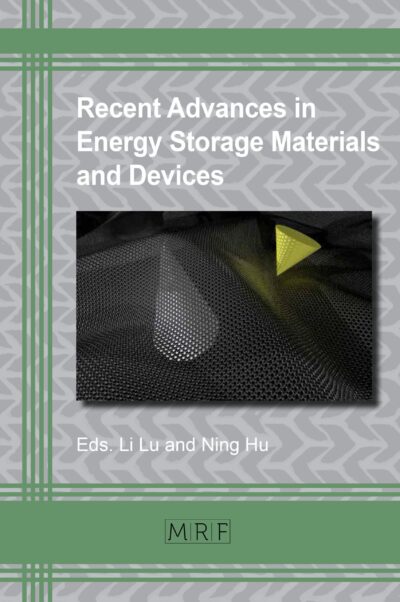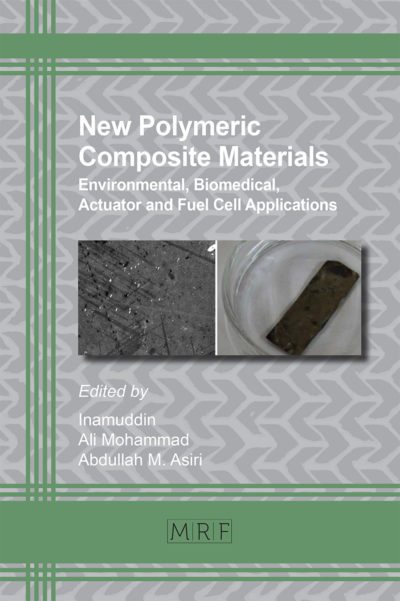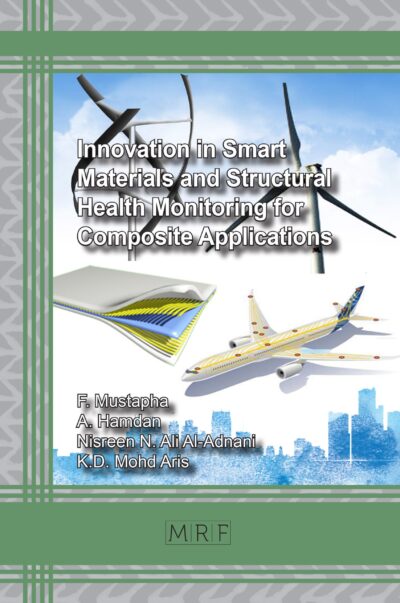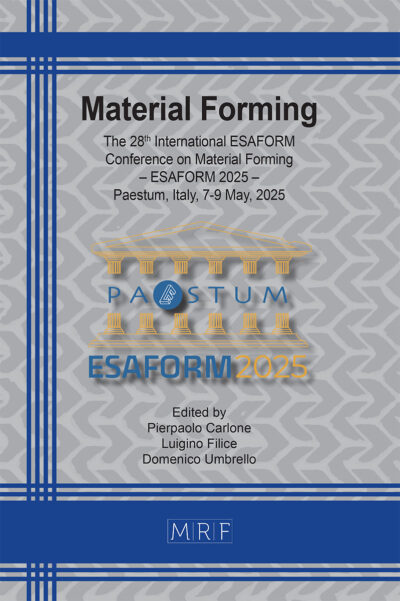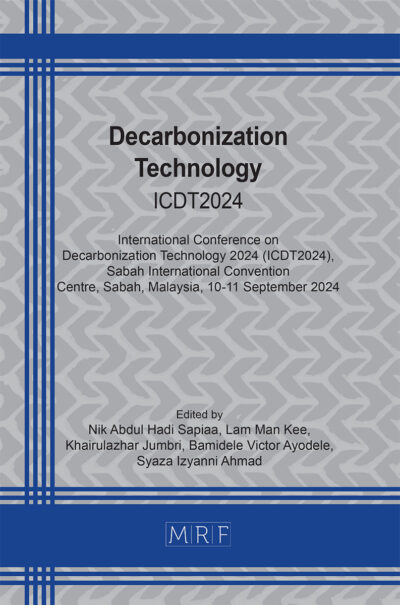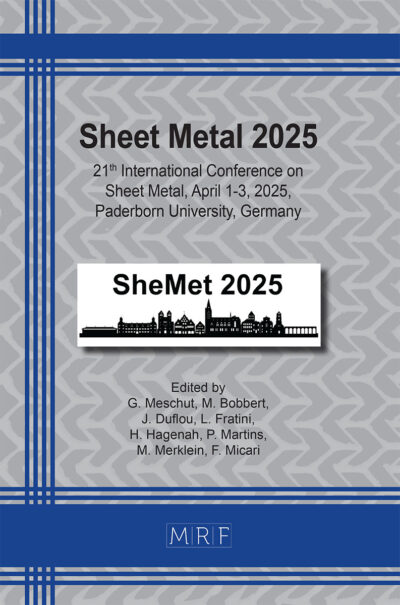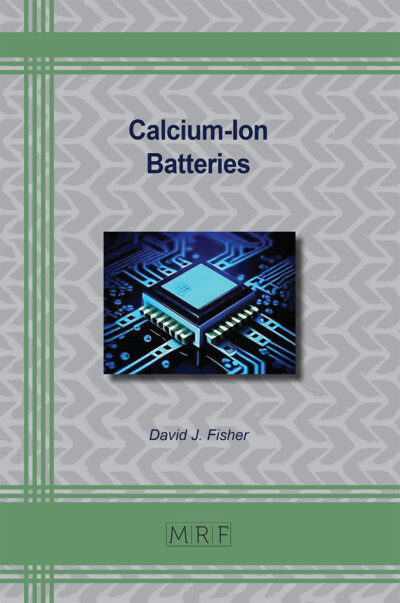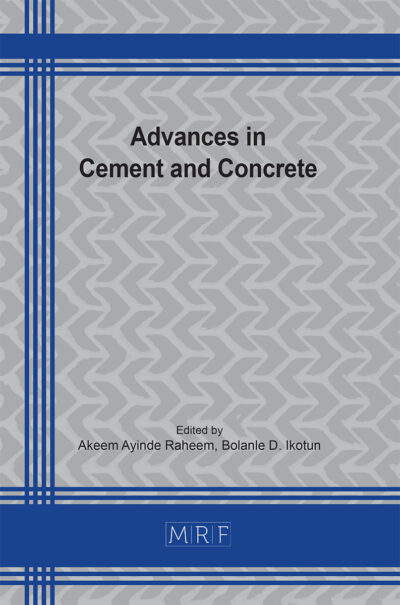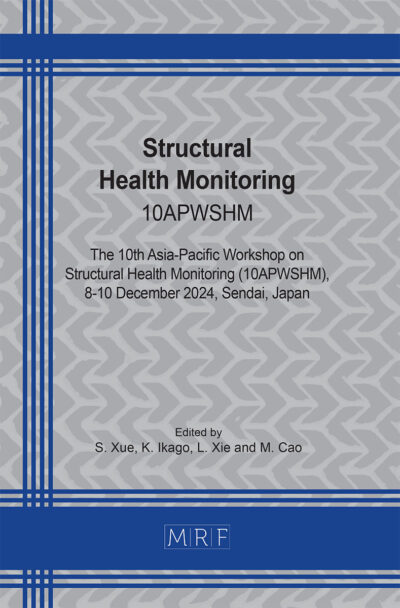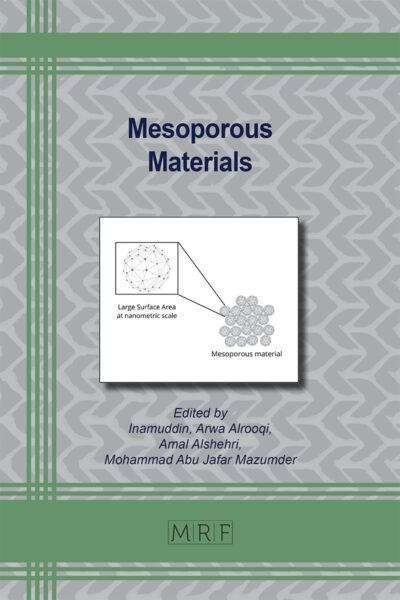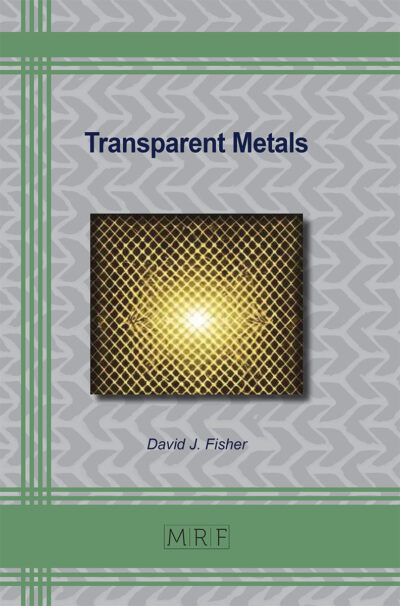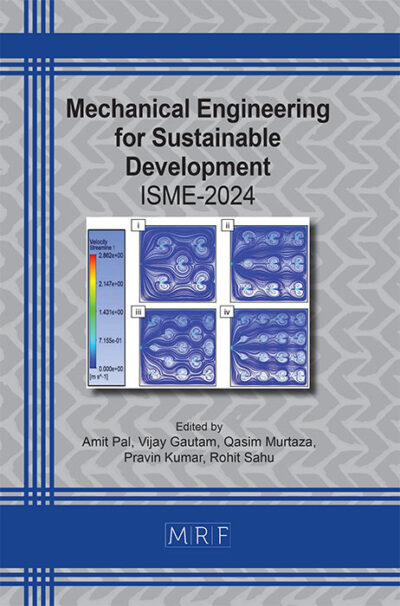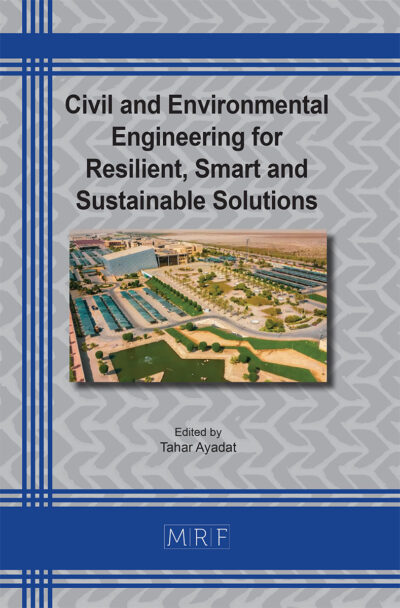MXenes: Fundamentals and Applications
Eds. Inamuddin, Rajender Boddula and Abdullah M. Asiri
Materials Research Foundations Vol. 51
Publication Date 2019, 222 Pages
Print ISBN 978-1-64490-024-6
ePDF ISBN 978-1-64490-025-3
DOI: 10.21741/9781644900253
This is the very first book on the highly promising topic of MXenes; focusing on their fundamental characteristics and properties, fabrication techniques and applications. MXenes are two-dimensional materials consisting of few atoms thick layers of transition metal carbides or nitrides. These are characterized by high electrical conductivity, good hydrophilicity, chemical stability, and ultrathin 2D sheet-like morphology. Applications in the energy, environmental, biomedical and electronic industries include catalysis, membrane separation, supercapacitors, hybrid-ion capacitors, batteries, flexible electronics, hydrogen storage, nanoelectronics, and sensors.
Keywords
MXenes, Nanomaterials, Two-dimensional Materials, Transition Metal Carbides, Transition Metal Nitrides, Electrical Conductivity, Hydrophilicity, Chemical Stability, Catalysis, Membrane Separation, Supercapacitors, Hybrid-ion Capacitors, Batteries, Flexible electronics, Hydrogen Storage, Nanoelectronics, Sensors, Energy R&D, Environmental Applications, Electronic Devices, Two-dimensional Materials
Google Preview
Table of Contents
MXenes for Sensors
Matheus Costa Cichero, João Henrique Zimnoch Dos Santos
A Newly Emerging MXene Nanomaterial for Environmental Applications
Sze-Mun Lam, Ming-Wei Kee, Kok-Ann Wong, Zeeshan Haider Jaffari, Huey-Yee Chai, Jin-Chung Sin
Two-Dimensional MXene as a Promising Material for Hydrogen Storage
Jin-Chung Sin, Jian-Ai Quek, Pei-Sian Ng, Sze-Mun Lam
MXenes for Electrocatalysis
Wenyu Yuan, Laifei Cheng
MXenes Composites
Aqib Muzaffar, M. Basheer Ahamed, Kalim Deshmukh
MXenes for Supercapacitors
Qixun Xia
MXenes for Sodium-Ion Batteries
Rashid Iqbal, Muhammad Qaisar Sultan, Ramyakrishna Pothu, Rajender Boddula
MXenes for Biomedical Applications
Arka Bagchi, Solanki Sarkar, Ipsita Hazra Chowdhury, Arunima Biswas, Sk Manirul Islam
MXene and its Sensing Applications
Pramod K. Kalambate, Santosh W. Zote, Yue Shen, Dinesh N. Navale, Dnyaneshwar K. Kulal, Jingyi Wu, Prasanna B. Ranade, Ramyakrishna Pothu, Rajender Boddula, Yunhui Huang


